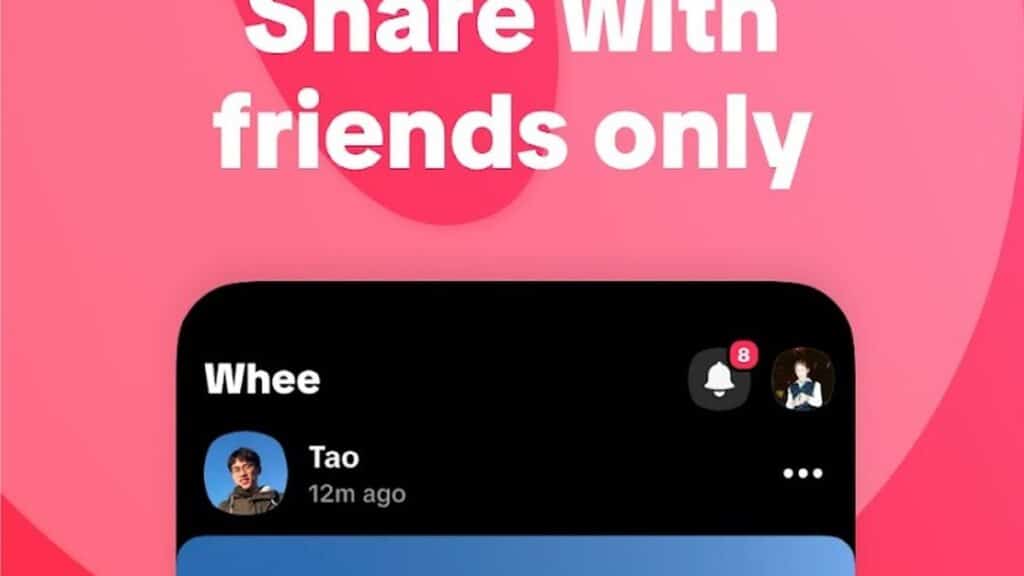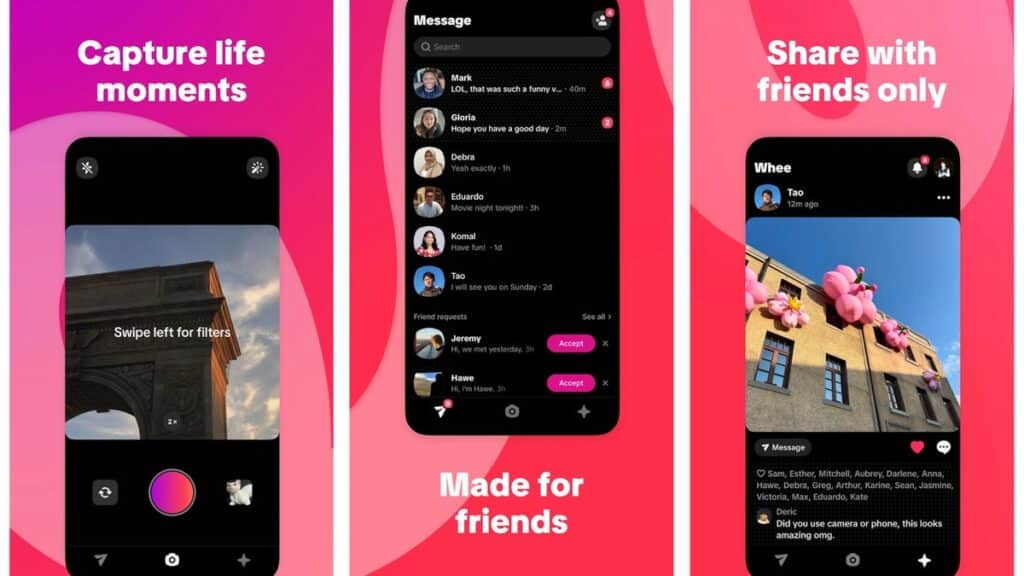Summary:
-
ByteDance introduces Whee, a photo-sharing app for friends similar to Instagram, signaling a shift in social media strategy.
-
Whee is currently available for download on Android in select countries, emphasizing privacy by restricting content to friends only.
-
As the launch of Whee unfolds, ByteDance faces questions about its strategy, potential redundancies with TikTok Notes, and user feedback.
ByteDance, the parent company of TikTok, has quietly rolled out a new app named Whee, sparking comparisons to Instagram for its focus on sharing photos exclusively with friends, a departure from TikTok’s broader audience engagement. The move marks another instance of major social media platforms adopting features from rivals to expand their user base.
First identified by Artem Russakovskii, Whee is currently accessible for download on Android devices in multiple countries, though not yet in the United States. Attempts to log into the app encountered errors, suggesting it may still be in a testing phase. Users attempting to access it via VPNs have similarly faced obstacles, indicating a limited release.
According to descriptions and screenshots available on the Google Play Store, Whee mirrors Instagram’s interface but emphasizes privacy by restricting photo sharing to designated friends only. This stands in contrast to Instagram’s model, where posts can be viewed publicly unless specified otherwise. Screenshots showcase a simple user interface with tabs for camera functions, a feed of shared content, and direct messaging capabilities akin to other social platforms.

“The app is designed for sharing photos that ‘only your friends can see,’ ensuring a more private experience,” notes the app’s description on the Play Store, underlining its niche within the social media landscape.
Despite this novel approach, questions arise about ByteDance’s strategy in launching Whee amidst its recent rollout of TikTok Notes, another platform reminiscent of Instagram tailored for photo and text sharing. While Whee focuses on exclusivity among friends, its coexistence with TikTok Notes raises speculation about potential redundancies or opportunities for feature integration.
The launch of Whee appears to be a soft introduction, with no definitive timeline from ByteDance on broader availability. This cautious rollout strategy suggests the company may refine or withdraw the app based on initial user feedback and performance metrics.
ADVERTISEMENT
For users intrigued by Whee’s concept, accessing it may require patience until a wider release is confirmed. The app’s availability signals ByteDance’s ongoing efforts to diversify its product offerings and compete in the competitive social media sphere dominated by established platforms like Instagram and Snapchat.

As TikTok’s legal showdown looms closer, new developments shed light on the upcoming court date that could significantly impact its future in the United States. The US Court of Appeals for the District of Columbia has scheduled oral arguments for September in two pivotal cases, which will scrutinize the constitutionality of the federal divest-or-ban law.
Scheduled for September, these oral arguments will address the case between TikTok and the Justice Department, as well as a second lawsuit brought forth by a group of creators against the US government. Both sets of plaintiffs aim to demonstrate that the Protecting Americans From Foreign Adversaries Act (PAFFAA) constitutes an unjustified infringement on First Amendment rights.
In their complaint, the suing creators assert, “The Act thus promises to shutter a discrete medium of communication that has become part of American life, prohibiting Petitioners from creating and disseminating expressive material with their chosen editor and publisher—and from receiving such material from others.” They argue that such a restriction on speech violates the First Amendment, marking it as an extraordinary restraint on their constitutional rights.
TikTok is anticipated to defend itself by invoking the First Amendment during oral arguments. However, the company’s case will also center on Project Texas, a security plan devised to place TikTok’s US operations under the supervision of an American team.








